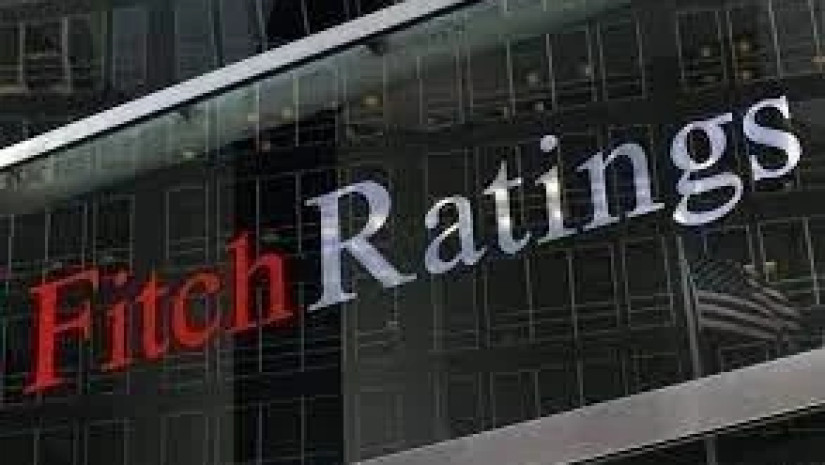Fitch Ratings has affirmed Georgia's Long-Term Foreign-Currency Issuer Default Rating (IDR) at 'BB' with a Stable Outlook.
According to the Fitch Ratings, a credible and effective policy framework and stronger governance indicators relative to 'BB' peers underpins Georgia's rating. Long-standing support from official creditors have helped reduced risks to macro stability and supported financing needs. These credits strengths are balanced by significant exposure of public debt to foreign-currency (FC) risk, high financial dollarisation, and external finances that are significantly weaker than the majority of 'BB' category rated peers.
Georgia's economy expanded robustly in 2021. Real GDP growth is estimated to have reached 10.6% in 2021, following a contraction of 6.8% in 2020. Economic recovery has been driven by domestic demand, strong inflows of net remittances, a partial tourism recovery, and fiscal stimulus (e.g. subsidies and social benefits). Growth in exports of goods also performed strongly due to the recovery of key trading partners and higher commodity prices. For 2022 and 2023, we forecast Georgia's economy to expand by 5.5% and 5.3%, respectively, above potential of 4.0%-4.5%. Increased financial inflows will support private consumption and investment. Recovery in the tourism sector is also projected to pick up, with Fitch forecasting tourism receipts towards 80% of 2019 levels in 2022, after reaching 38.1% of 2019 levels in 2021.
"Risks to our GDP outlook remain on the downside. Uncertainty surrounding the pandemic remains. Georgia is currently experiencing a significant fourth wave of Covid-19 cases, while its vaccination rate remains low. As of 31 January, 32.8% of Georgia's population were fully vaccinated. The majority of domestic Covid-19 restrictions lifted in late 2021. Potential re-tightening of restrictions could impact our forecasts. Meanwhile, developments in Turkey and Russia, both key trading partners, also present downside risk.
Annual inflation accelerated to 13.9% in December, reflecting higher global commodity prices, lari depreciation and a spike in utility prices. With inflation significantly above the target of 3.0% and increased short-term price expectations, the National Bank of Georgia (NBG) tightened monetary policy, increasing the policy rate a cumulative 250bp, from 8.00% to 10.50%. We expect the NBG to maintain a tight policy stance for 2022. Fading out of high base effects should start to bring down inflation from 2Q22. However, the risk of high inflation expectations becoming entrenched is a vulnerability. We forecast average inflation of 7.0% in 2022, after 9.6% in 2021",- the report reads.
According to the Fitch Ratings, financial developments have been broadly stable. Despite the pandemic shock, Georgian banks managed to increase their regulatory capital buffers (the sector capital adequacy ratio (Basel III) at 19.6% in 4Q21 vs 17.6% in 4Q20). Non-performing loans (NBG methodology), have declined to 5.2% in 4Q21 after peaking at 8.3% in 1Q21. Credit growth is also robust (adjusted for FX effects up 16.8% in 2021), consistent with the acceleration in GDP.
Meanwhile, widened interest differentials between lari and foreign-currency (FC) loans have seen a pick-up in FC lending. However, as a share of total lending, FC loans declined in 2021 (50.8% in 2021 vs 55.7% in 2020). Given the vulnerabilities of Georgia's highly dollarised economy, we expect the NBG will maintain a vigilant policy mix, as shown by recent macro-prudential measures targeting the dollarisation exposure of bank's credit portfolios and decreasing the maximum maturity for FX denominated mortgage loans.















